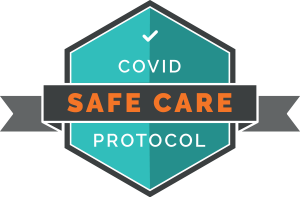Artificial Disc Replacement
Surgery specialists in NJ & FL
Artificial disc replacement is a surgical treatment that replaces injured or unhealthy discs with synthetic discs. These artificial discs, often made of metal and polymer, act like a healthy, natural disc.
 Board-certified surgeon Dr. Scott Katzman is one of the most sought-after artificial disc replacement spine surgeons in the country. He is renowned for his minimally invasive techniques which often result in faster recovery and less down time for you.
Board-certified surgeon Dr. Scott Katzman is one of the most sought-after artificial disc replacement spine surgeons in the country. He is renowned for his minimally invasive techniques which often result in faster recovery and less down time for you.

